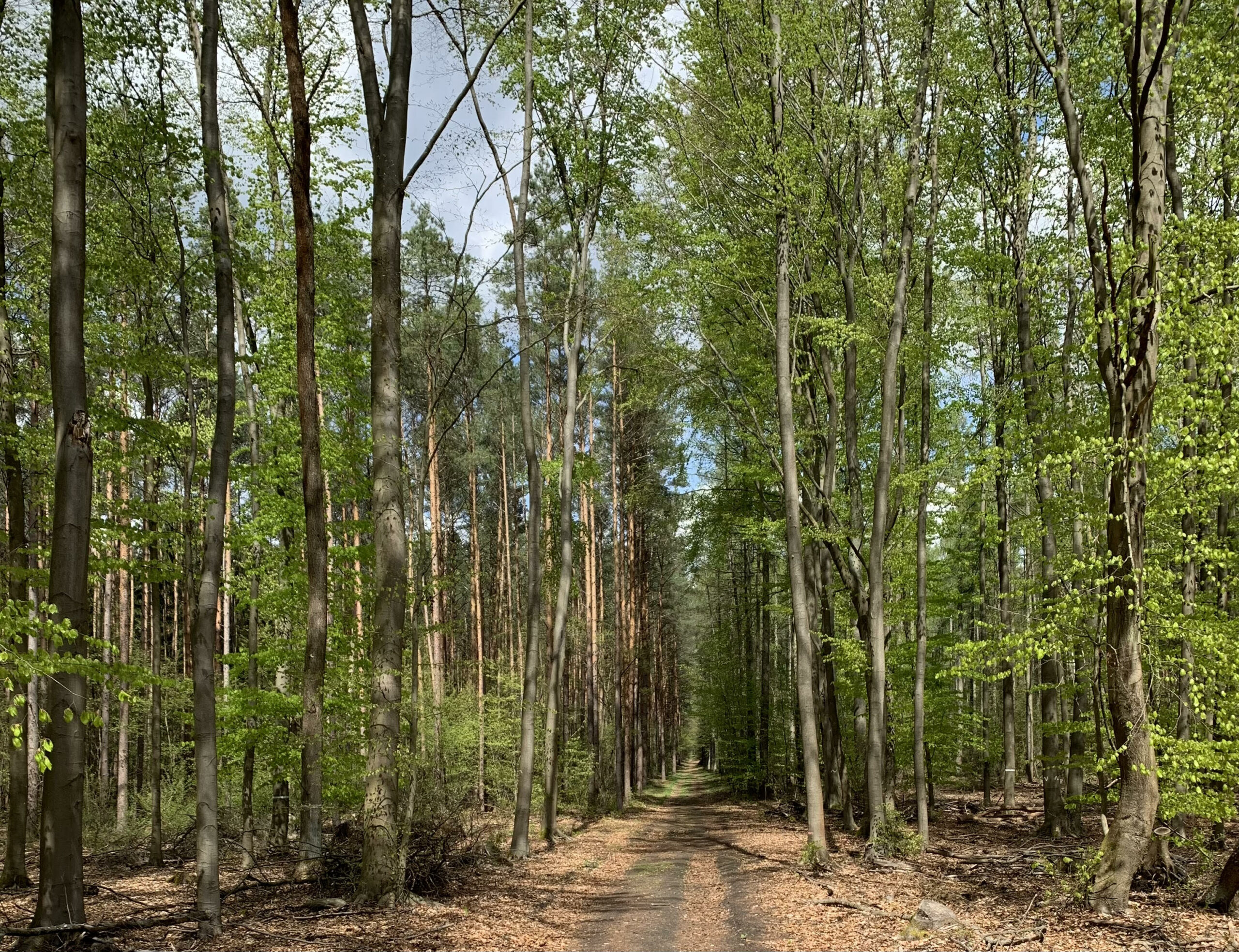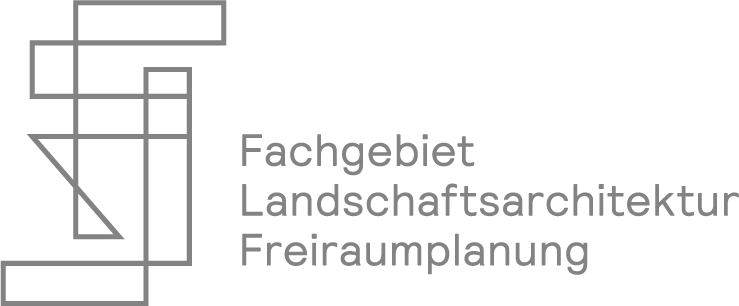MICROARTICLE #Air & Temperature
From Germany’s Coal Phase-out to Bauhütte 4.0
By: BB2040 Editorial Team
MICROARTICLE Air & Temperature
Wissensstadt Berlin 2021
Published on June 26, 2021
Germany, like the European Union, is aiming to be greenhouse gas neutral by 2050 [1], which could make them the pioneers leading us into a post-coal future- and according to the new ruling of the Bundestag this past May, this should happen even five years earlier than previously planned [2]. Priority is to decommission the last coal fired energy stations by 2040 . Yet political leaders are not eager to either set a date, solidify a game plan on how to do it or even hold industrialists accountable when missing on agreed upon milestones to reach this goal.
But let’s say, Germany was to go coal free by 2050, what would its impact be on the world? Numerically, it would mean that compared to 1990 where Germany was estimated to emit annually 466,000 tons of CO2 within it's energy sector, it is aiming to reduce it down to 175,000 tons by 2030 [3] by reducing fossil fuel burning. But beyond numbers, Germany’s exit from the coal economy would be a leading example for other countries to follow.
Additionally, while many carbon emitting sectors are undergoing huge transformations and their old infrastructures are slowly getting phased out, new opportunities in other sectors arise. Many planners believe a growing and flourishing tree economy will could be the backbone to increasing natural carbon sequestration. Industrial processes to produce wood products would emit less carbon than the amount captured by a growing tree for economic use in the later life of the same tree. One such model can be found within the ongoing project of Bauhütte 4.0, where new wood construction processes are being planned for a Research & Industrial Park at the former Berlin Tegel Airport Site [4].
[1] https://www.bmu.de/en/topics/climate-energy/climate/national-climate-policy/greenhouse-gas-neutral-germany-2050/
[2] https://www.cleanenergywire.org/factsheets/germanys-greenhouse-gas-emissions-and-climate-targets
[3] https://www.bundesregierung.de/breg-de/themen/klimaschutz/emissionsarme-energie-1794770
[4] https://www.bauhuette40.com/

Forest in Brandenburg © Kriti Garg
BB2040
[EN] Berlin Brandenburg 2040 was initiated by the Habitat Unit in cooperation with Projekte International and provides an open stage and platform for multiple contributions of departments and students of the Technical University Berlin and beyond. The project is funded by the Robert Bosch Foundation.
[DE] Berlin Brandenburg 2040 wurde initiiert von der Habitat Unit in Kooperation mit Projekte International und bietet eine offene Plattform für Beiträge von Fachgebieten und Studierenden der Technischen Universität Berlin und darüberhinaus. Das Projekt wird von der Robert Bosch Stiftung gefördert.








